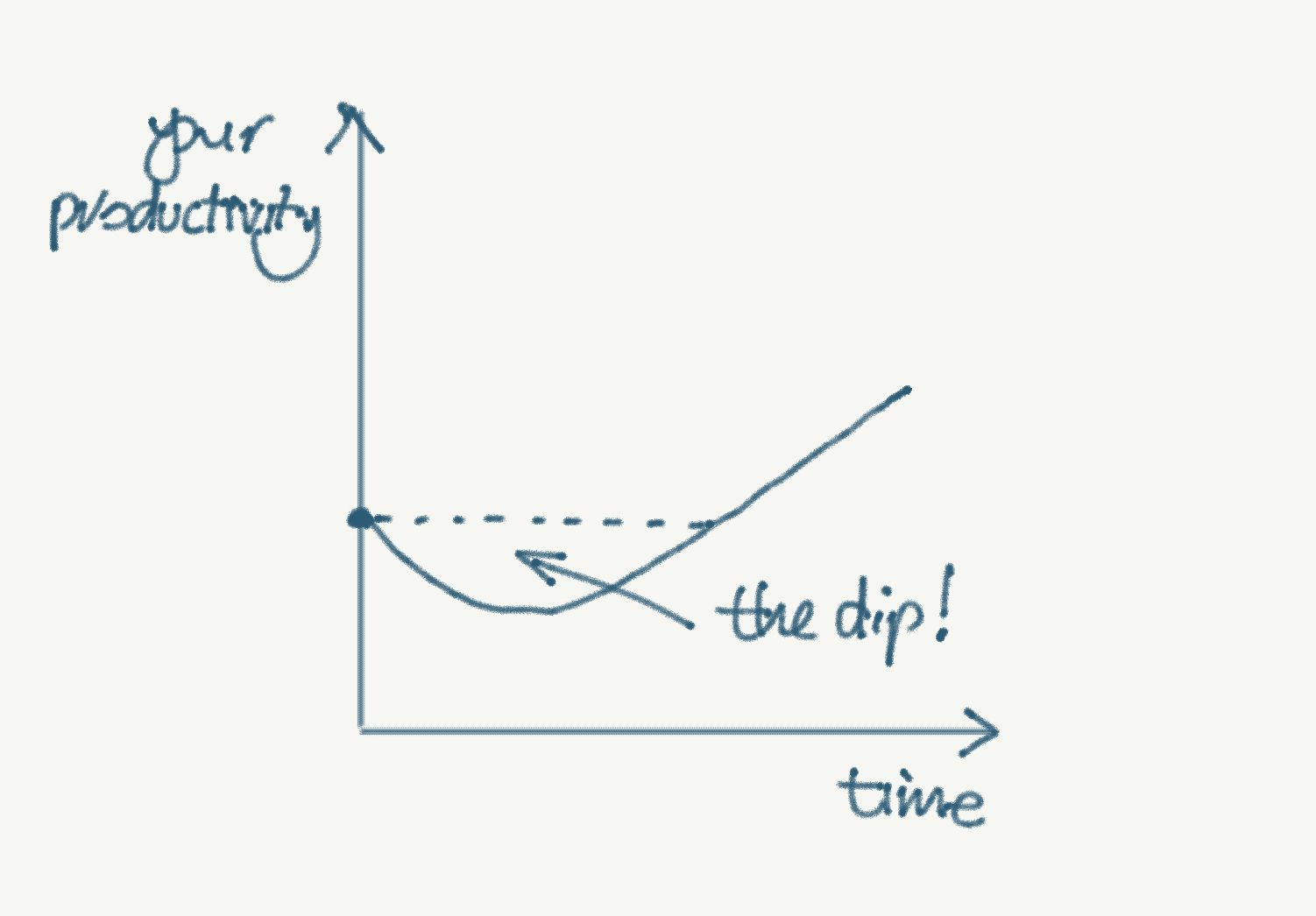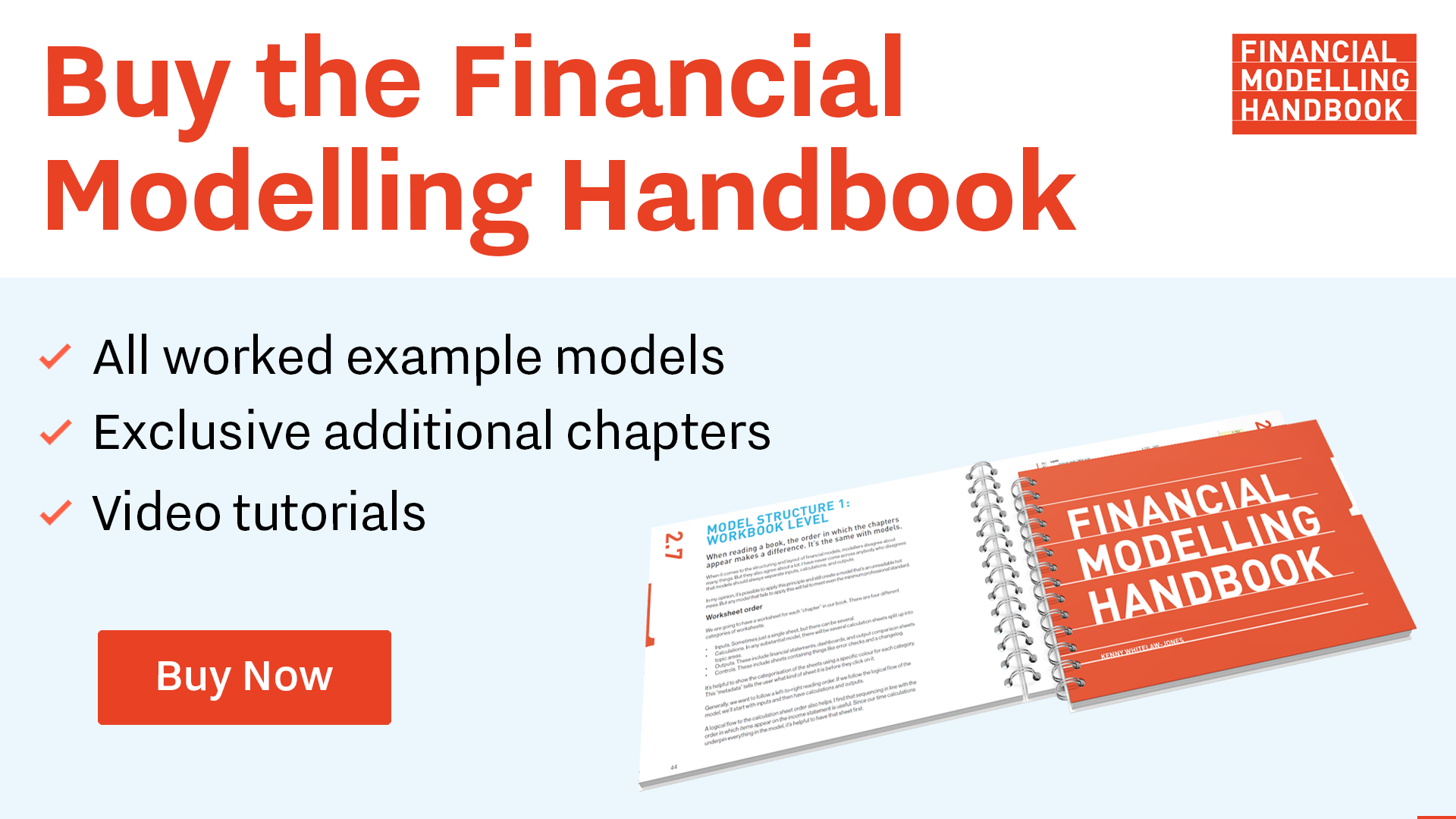The four stages of learning
There are four stages to learning any new skill. Knowing which stage you are at can help to calibrate your expectations and reduce your frustration.
One of the things I've seen while teaching is that everybody passes through the same four stages of learning.
Stage 1: Unconscious Incompetence. You don't know what you don't know.
All learning journeys start here. We know so little about the field that we have no awareness of all the things we don't know. The term "blissful ignorance" is a good description of this stage.
However, the term "a little knowledge is a dangerous thing" can also apply here. People at this stage can sometimes overestimate their skill level. This is called the Dunning Kruger effect - our lack of understanding and awareness of the fundamental issues and complexities can lead us to overestimate our knowledge and level of competence.
In a culture that values knowledge, admitting that we don't know something can be uncomfortable and vulnerable. But it's essential if we want to move to the next stage of learning.
Stage 2: Conscious Incompetence. You know what you don't know.
With our growing awareness of the field comes the realisation of how much there is to know. We see others who have mastered the skills, and we become more aware of how much we don't yet know. This stage is inevitable and essential for continued skill development but can be demoralising. It's common for people to lose confidence at this stage and give up.
The Conscious Incompetence stage is the stage where the most emotional discomfort occurs.
It's important to stay positive during this part of the learning process and be kind to ourselves. It can be helpful to remind ourselves or those we are teaching that we HAVE to pass through this stage to progress.
Avoid comparing yourself to people who have already passed through this stage; it's not a fair comparison. Compare yourself to where you were and celebrate the small steps in your learning.
Repetition and practice are crucial to moving out of this stage.
Stage 3: Conscious Competence. You know what you know.
At this stage, practice and repetition have brought us to a certain skill level. We can put our skills into practice and get results. However, the process requires deliberate concentration and can be slow. At this stage, using our skills requires considerable cognitive bandwidth.
When we first learn to drive, performing mechanical driving skills while attending to other things is hard. This is why young drivers are at particular risk of distraction when others are in the car.
This stage can be frustrating. If we are learning a new approach to doing something we already have some skill in, our new techniques can at first be slower than the "old way" we are used to, creating a barrier to change.
Stage 4: Unconscious Competence. Your skills are now effortless and "automatic".
This is the stage at which we can work in a "flow" state. Much of what we do is automatic, and our skills are now firmly in "muscle memory".
Implications for learning
- Be aware when making confident assertions regarding fields about which you know very little. It's possible you are in the unconscious incompetence stage and demonstrating the Dunning Kruger effect.
- Stage 2 is the stage with the highest drop off rate. Be kind to yourself at this stage.
- Everybody has to move through the stages.
- Progression is a matter of repetition and practice. Despite what internet "gurus" may try to sell you, there are rarely any effective shortcuts to real skill mastery.
- People move through the stages at different speeds.
- Avoid comparing yourself with others who are at a later stage of skill development. It's more helpful to compare yourself to where you were previously.
Emotions and learning
It can help to be aware of your emotions around learning. Like everything we do, learning is an emotional business.
Fear
Fear can inhibit effective learning; fear of looking stupid, fear of failure. Fear can often manifest as anger; anger that the person teaching isn't doing a good enough job, that the materials are not up to scratch, anger at others who look like they are finding it easier, anger at ourselves that we are not better.
Frustration
If you are used to building models differently, you may experience a dip in productivity as you learn this new process.

This short term drop in productivity is very frustrating. It's incredibly tempting to give up since this wonderful new process is making you less, not more, productive. We call this "The Dip" after the book by Seth Godin of the same name.
Stick with it. It’s a process.
And it's only once all the pieces of the process are in place that you will experience the kind of transformational change you signed up for.
Don't give up.

Comments
Sign in or become a Financial Modelling Handbook member to join the conversation.
Just enter your email below to get a log in link.